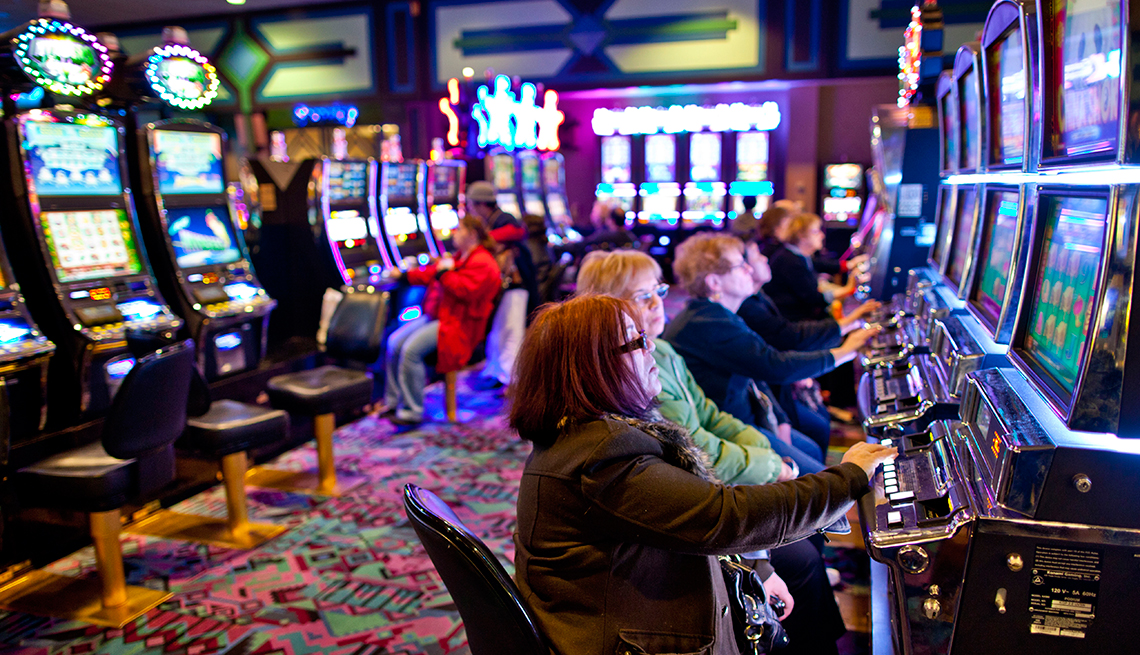The Role of Superstition in Gambling Behavior
Superstitions have been a part of human behavior for centuries, influencing various aspects of our lives, including our decision-making processes when it comes to gambling. Many people attribute their wins and losses to luck, fate, or even the alignment of stars. While some view superstition as mere fantasy, it plays a significant role in shaping the https://fairspin.onl/ behavior of gamblers. In this article, we will delve into the world of superstition in gaming, exploring its impact on betting habits, player psychology, and the casinos themselves.
Origins of Superstition
To understand the significance of superstition in gambling, let’s first examine its origins. The concept of luck has been present in various cultures for thousands of years. Ancient civilizations believed that certain actions or rituals could influence the outcome of events, such as wars, harvests, and even games of chance. These early forms of superstition were often linked to spiritual or religious practices.
For instance, ancient Greeks believed that the goddess Tyche was responsible for controlling fate and fortune. Similarly, in many Asian cultures, the concept of yin and yang is deeply rooted in the idea that opposing forces can influence each other’s outcomes. These early forms of superstition have evolved over time, with various influences from Christianity, paganism, and even science.
Superstitions in Gaming
In modern times, superstition has become an integral part of gaming culture. Gamblers often develop personal rituals or habits to increase their chances of winning. For example:
- Some players believe that a specific combination of numbers, colors, or symbols is more likely to bring them success.
- Others claim that certain times of day, such as dawn or dusk, are auspicious for playing slots or table games.
- Many gamblers swear by specific seating positions at the poker table or the slot machine layout.
These superstitions can manifest in various ways, from seemingly rational behavior (e.g., choosing a specific number based on personal significance) to more absurd rituals (e.g., wearing lucky socks while playing). Some common superstitions include:
- Avoiding certain numbers or colors
- Bringing good luck charms (e.g., four-leaf clovers, rabbit’s feet)
- Following specific betting patterns (e.g., alternating between high and low stakes)
- Using specific words or phrases to ‘seed’ the game with positive energy
The Psychology of Superstition
So, why do people cling to these irrational beliefs? The answer lies in psychology. Our brains are wired to recognize patterns and seek meaning in random events. This phenomenon is known as apophenia. When we attribute meaning to a seemingly random outcome (e.g., "I won because I wore my lucky hat"), it reinforces our belief that the event was not truly random.
Additionally, superstition can serve as a coping mechanism for anxiety or stress associated with gambling. By adopting specific rituals or habits, gamblers may feel more in control of their situation, which can be particularly beneficial when facing uncertainty.
The Impact on Casinos
Casinos themselves often capitalize on these superstitions to create an immersive experience for their patrons. By incorporating elements like:
- Color schemes and decorations that evoke feelings of good fortune (e.g., red or green)
- Specific music or sounds designed to stimulate a winning atmosphere
- Promotions or contests tied to lucky numbers or dates
Casinos aim to create an environment where gamblers feel more inclined to engage in superstition-driven behavior. This can lead to increased player loyalty, as patrons return to the casino with their favorite good luck charms or participate in special events that promise higher returns on investment.
The Consequences of Superstition
While superstition may have a place in gaming culture, its consequences should not be ignored. Over-reliance on rituals and habits can lead to:
- Problem gambling behavior: Believing in the power of specific numbers or colors can encourage gamblers to continue playing despite losing streaks or financial constraints.
- Misplaced trust: Putting faith in unproven methods or charms can erode a player’s critical thinking skills, making them more susceptible to scammers and predators.
- Financial waste: Spending resources on ‘lucky’ items or participating in high-stakes games based on superstition can lead to significant financial losses.
Breaking the Cycle
To avoid falling prey to these pitfalls, gamblers should be aware of their own superstitions. By acknowledging the underlying psychological drivers behind these behaviors and cultivating a critical perspective, players can make more informed decisions about their gaming habits. Some strategies for breaking the cycle include:
- Identifying and challenging irrational thoughts or behaviors
- Embracing statistical probability and odds-based decision-making
- Setting realistic goals and budgets for gaming sessions
Conclusion
Superstition plays a significant role in shaping gambling behavior, influencing player psychology, and even informing casino design. While these irrational beliefs can bring comfort to gamblers, they also pose risks of problem behavior, financial waste, and misplaced trust. By recognizing the origins and psychological drivers behind superstition, we can make more informed decisions about our gaming habits and develop healthier relationships with chance.
As the gaming industry continues to evolve, it’s essential for operators to strike a balance between catering to player preferences and promoting responsible gaming practices. By acknowledging the role of superstition in gaming culture, we can work towards creating an environment that is both entertaining and safe for all participants.


0 comentarios